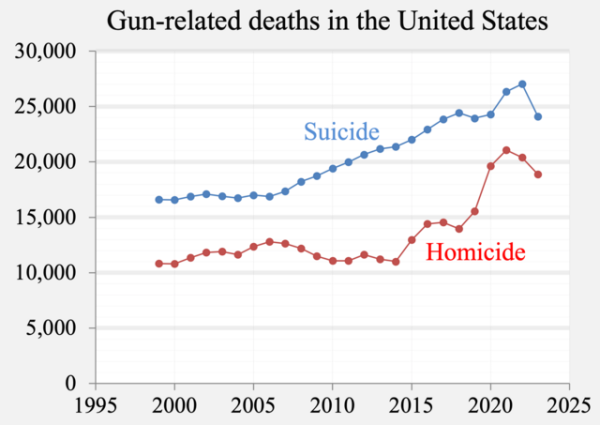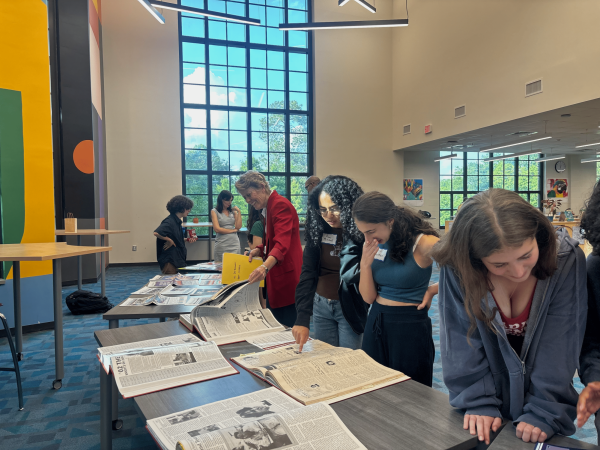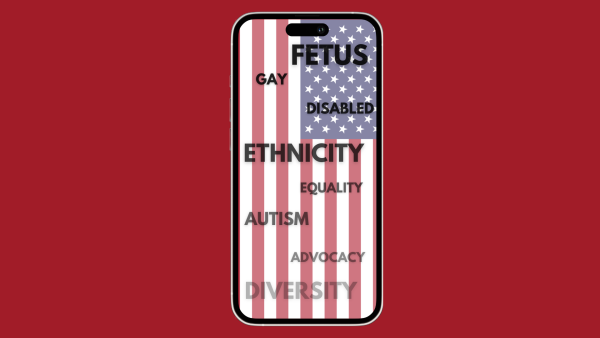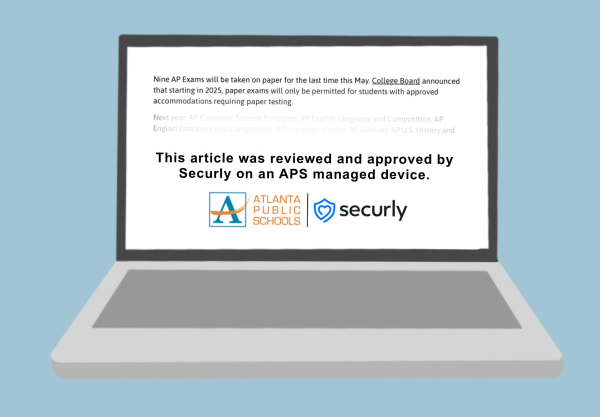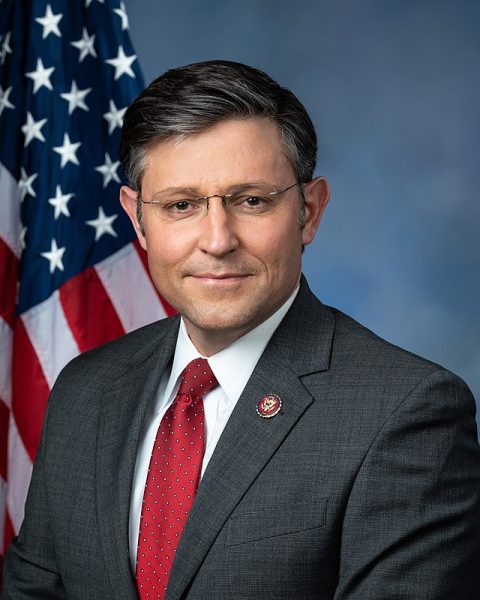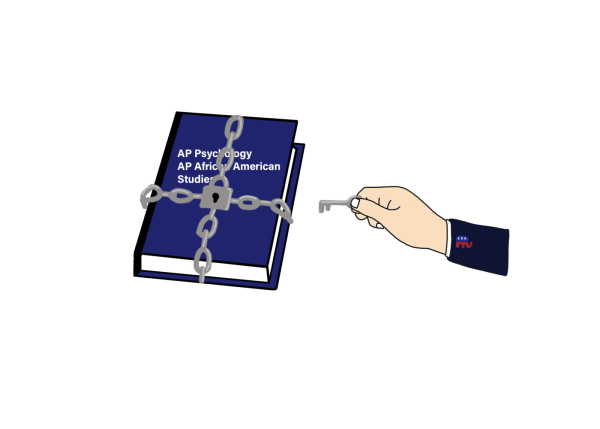Sexual assault education necessary in schools
The culture surrounding sexual harassment is often less forgiving to the victim than to the accused. Teenagers are disproportionately affected by sexual abuse and harassment, which has lasting impacts on their lives, yet high schools, including Grady, often lack sufficient education and protocol to keep students safe.
Earlier this spring, the Georgia’s Senate passed Senate Bill 401, which was created to provide annual age-appropriate sexual abuse and assault awareness and prevention education in kindergarten through ninth grade. The goal of this bill is to educate students on sexual abuse and assault awareness with prevention education and is based on model legislation called “Erin’s Law,” named after an Illinois woman who was sexually abused as a child. In theory, Atlanta Public Schools’ Social and Emotional Learning program (SEL), would be an optimal way to educate on these issues. However, it does not.
There have been multiple instances of sexual abuse and harassment in APS and schools in the area; many students have witnessed or been the victim of it themselves. Earlier in 2018, an APS paraprofessional, Sanchez Waller, was arrested and charged with sexual misconduct. He faces charges of child molestation, sexual assault by a teacher and enticing a child for indecent purposes.
Additionally, on Oct. 18, a DeKalb County teacher, Zachary Meadors, 28, was accused of sexually assaulting a sixth-grader. Meadors was then found dead, a few days after the school district began an investigation, with an apparent self-inflicted gunshot wound, according to police in Gwinnett County.
The difference between sexual assault and sexual harassment is largely unknown to the general public. The U.S. Equal Employment Opportunity Commission defines sexual harassment as “offensive remarks about a person’s sex, unwelcome sexual advances, requests for sexual favors,” while the Department of Justice defines sexual assault as “any type of sexual contact or behavior that occurs without the explicit consent of the recipient.” Both are illegal.
Women and teenagers are sexually assaulted at a higher rate than the general population. According to the Rape, Abuse, and Incest National Network (RAINN), women ages 16 to 19 are four times more likely to be victims of sexual assault and 82 percent of victims under the age of 18 are female. Additionally, one in six women and one in 33 men in the U.S. are victims of rape or attempted rape, according to RAINN.
Rape has lasting psychological effects on victims, the most common of which is depression. After a traumatic event, such as being sexually assaulted or harassed, it is typical to experience anxiety, stress or fear, making it difficult to adjust or cope for some time afterward, according to RAINN.
National events like Brett Kavanaugh’s recent appointment to the U.S. Supreme Court clash with the women’s rights movements like #MeToo, a reminder that sexual abuse and harassment remain a pertinent issue in our communities.
The severity of abuse and the wide scope of the issue make it clear that Grady needs a more comprehensive system to address sexual harassment and assault since the current system has shown to have too have many disconnects. Education on and validation for people’s experiences should also be offered in the time allotted for Social Emotional Learning.
Resources provided by SB 401 may motivate it to do so.

